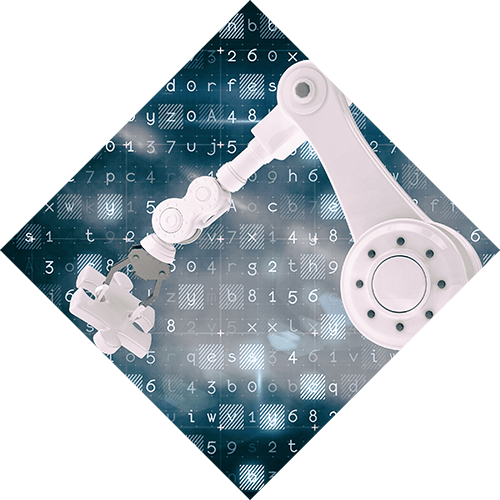Anyone in the manufacturing industry will tell you that bridging the gap between the shop floor and the top floor is crucial to success.
How to go about this is a topic often questioned. Amidst a sea of opinions, it can be hard to discern what manufacturing software systems your business needs. There are three big software solutions; MRP (Material Resource Planning), MES (Manufacturing Execution System), and ERP (Enterprise Resource Planning).
So, which one is the way to go? From scheduling to automation, frontline monitoring, plant floor management, supply chain supervision, and the top floor - your needs can be overwhelming and your competition steadily adept. Often, you’ll be confronted with the question: “Which manufacturing software solution is suitable for me?”
You might need better inventory management, visibility, productivity, or cost reduction, and you need to know which system will best serve those needs.
Explore the differences between MES software, MRP, and Manufacturing ERP software.
Which one can meet your needs, and keep your assembly line manageable, productive, and forward-thinking?
The demands of manufacturing, both domestically and globally, cannot be ignored. The UK is the 12th largest manufacturing nation globally (2024), so it is critical to digitalise, modernise, and keep up with the times.


















